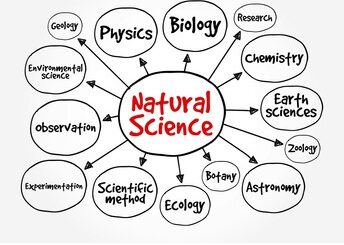AI in Education: How Artificial Intelligence is Changing Learning
🚀 AI in education is revolutionizing the way students learn and teachers teach. From personalized learning experiences to AI-powered tutors, artificial intelligence is transforming the traditional education system.
In this article, we will explore how artificial intelligence in education is improving learning, its key benefits, challenges, and future trends.
1. The Role of AI in Education
AI-powered technologies are reshaping the education sector by automating tasks, improving accessibility, and creating smart learning environments. Some key applications include:
1.1 Personalized Learning with AI
AI algorithms analyze student behavior and provide personalized learning based on their strengths and weaknesses. Popular AI learning platforms like Khan Academy, Duolingo AI Tutor, and Squirrel AI adjust lessons in real time to suit individual students.
1.2 AI-Powered Virtual Tutors
Many AI chatbots for education provide 24/7 learning support to students. Examples include:
✅ ChatGPT for students – Helps answer academic queries instantly.
✅ Brainly’s AI tutor – Assists with homework solutions.
✅ Socratic by Google – Uses AI-powered image search to explain complex topics.
1.3 AI-Generated Educational Content
AI tools help educators create:
- AI-generated quizzes and assessments
- Smart study guides with AI-generated summaries
- Interactive AI-powered e-learning courses
Platforms like Quizlet AI and Knewton generate adaptive learning content to match student needs.
1.4 AI in Automated Grading & Feedback
AI tools like Gradescope and Turnitin AI automate essay grading, plagiarism detection, and provide instant feedback. Automated grading software helps teachers save time and focus on interactive teaching methods.
2. Benefits of AI in Education
✅ AI for Personalized Learning
AI-powered learning adapts to students’ learning speed, improving knowledge retention and engagement.
✅ AI for Special Education
AI-driven tools like speech recognition software and text-to-speech apps assist students with disabilities, making education more inclusive. Microsoft’s Immersive Reader and Google’s Live Caption enhance accessibility.
✅ Smart Classrooms with AI
AI-powered smart classrooms use voice recognition, facial recognition, and AI attendance systems to improve school management.
✅ Data-Driven Student Performance Tracking
AI tools track students’ progress using machine learning in education, helping educators identify weak areas and provide timely interventions.
3. Challenges of AI in Education
🚧 Limited Human Interaction – AI lacks emotional intelligence, which is crucial for mentorship.
🚧 Data Privacy Issues in AI-powered Learning – AI collects student data, raising concerns about data security in education.
🚧 Cost of AI in Education – Advanced AI tools require high investment, making implementation difficult in underfunded schools.
4. The Future of AI in Education
AI is set to revolutionize online learning with VR classrooms, AI-powered language learning apps, and AI-driven career counseling. As AI in higher education expands, universities are adopting chatbots for student support and AI-driven course recommendations.
Final Thoughts
Artificial intelligence in education is reshaping learning, making it more personalized, accessible, and efficient. While challenges exist, AI is the future of modern education.
💡 Are you ready for the AI-powered education revolution? Share your thoughts below! 🚀


